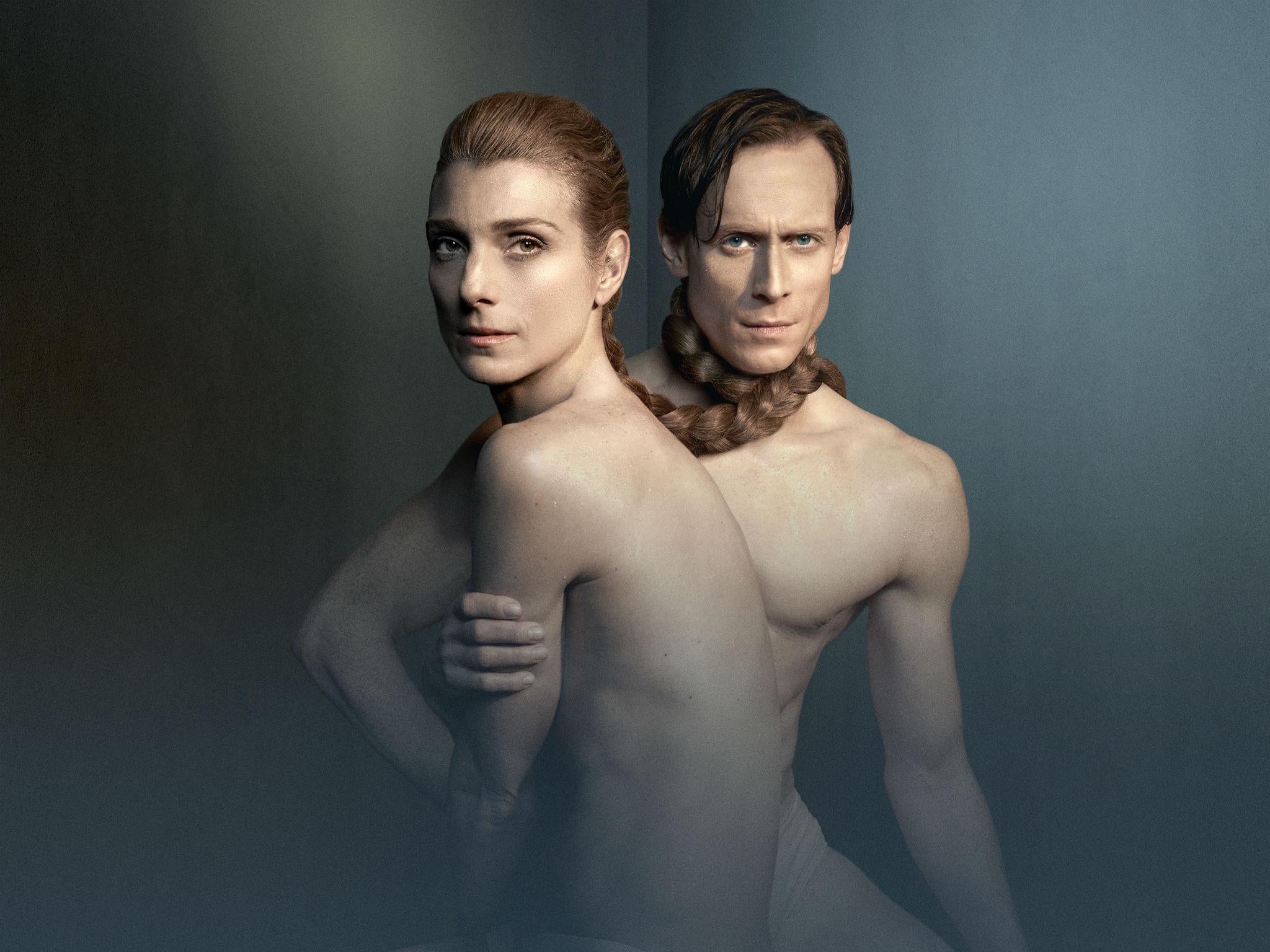Les Enfants Terribles, Barbican Theatre, London, review: Sexual tanglings often feel quite detached from the singers’ relationship
The Royal Ballet's dance-opera by composer Philip Glass is based on the writings of Jean Cocteau and directed and choreographed by Javier De Frutos

Les Enfants Terribles is an overheated story, told with several layers of chilly distance. The Royal Ballet’s new production of Philip Glass’s dance opera, given just one weekend of performances, fills the stage with glamorous dancers and self-aware production. There are strong performances and fascinating details, but it’s both oblique and overloaded.
Cocteau’s 1929 novel is a story of sibling incest, though the word is never mentioned. Lise and Paul are orphans, wrapped up in a shared imaginary world. The narrator, Gérard, is entranced by both of them; as they grow older, the “children” lose touch with reality.
The relationships are obsessive, but they’re framed by Cocteau’s knowingness and Glass’s minimalism. The opera strips the story back to four singing roles (the fourth is Lise’s friend Agathe). All the singing is recitative, with no overlapping voices. The sparse libretto tells only parts of the story, with long, wordless stretches of insistent music, played by three pianists. The dancing covers both the subtext and much of the plot, helped out by Tal Rosner’s video projections.
This staging, by choreographer Javier De Frutos, multiplies the characters. Lise and Paul have four dancing echoes each; Agathe has just one. The opening scene, performed in silence, shows the eight dancers undressing to share a bath, giggling and writhing as they peel off robes and stockings. The singing Lise and Paul bicker and snipe, but they’re framed by erotic clinches.
De Frutos has a fabulous cast. The Royal Ballet’s Edward Watson and Zenaida Yanowsky, both at their most charismatic, are joined by leading contemporary dancers Jonathan Goddard and Clemmie Sveass. But his staging can be heavy-handed in setting up its echoes, clunky in its details. Dancers stomp endlessly up and down over the steps of Jean-Marc Puissant’s set, not helped by technical troubles on opening night.
The layers of performance don’t always connect. The dancers’ imagined world can be laboriously repetitive, while its sexual tanglings often feel quite detached from the singers’ relationship. The second half is stronger, lit up by video imagery and drawing the different strands closer together.
As Lise, Jennifer Davis sings with a lucidly sweet tone, while moving with complete physical commitment. It’s Cocteau’s fault that Paul is so obnoxious, spiteful and even anti-semitic; Gyula Nagy can’t make him the magnetic figure the plot assumes he is. As Gérard, Paul Curievici moves effortlessly between speech and singing, watching and engagement; he holds the production’s different layers together. Timothy Burke conducts Glass’s sometimes spiky, sometimes drowsy score.
Join our commenting forum
Join thought-provoking conversations, follow other Independent readers and see their replies
Comments
Bookmark popover
Removed from bookmarks